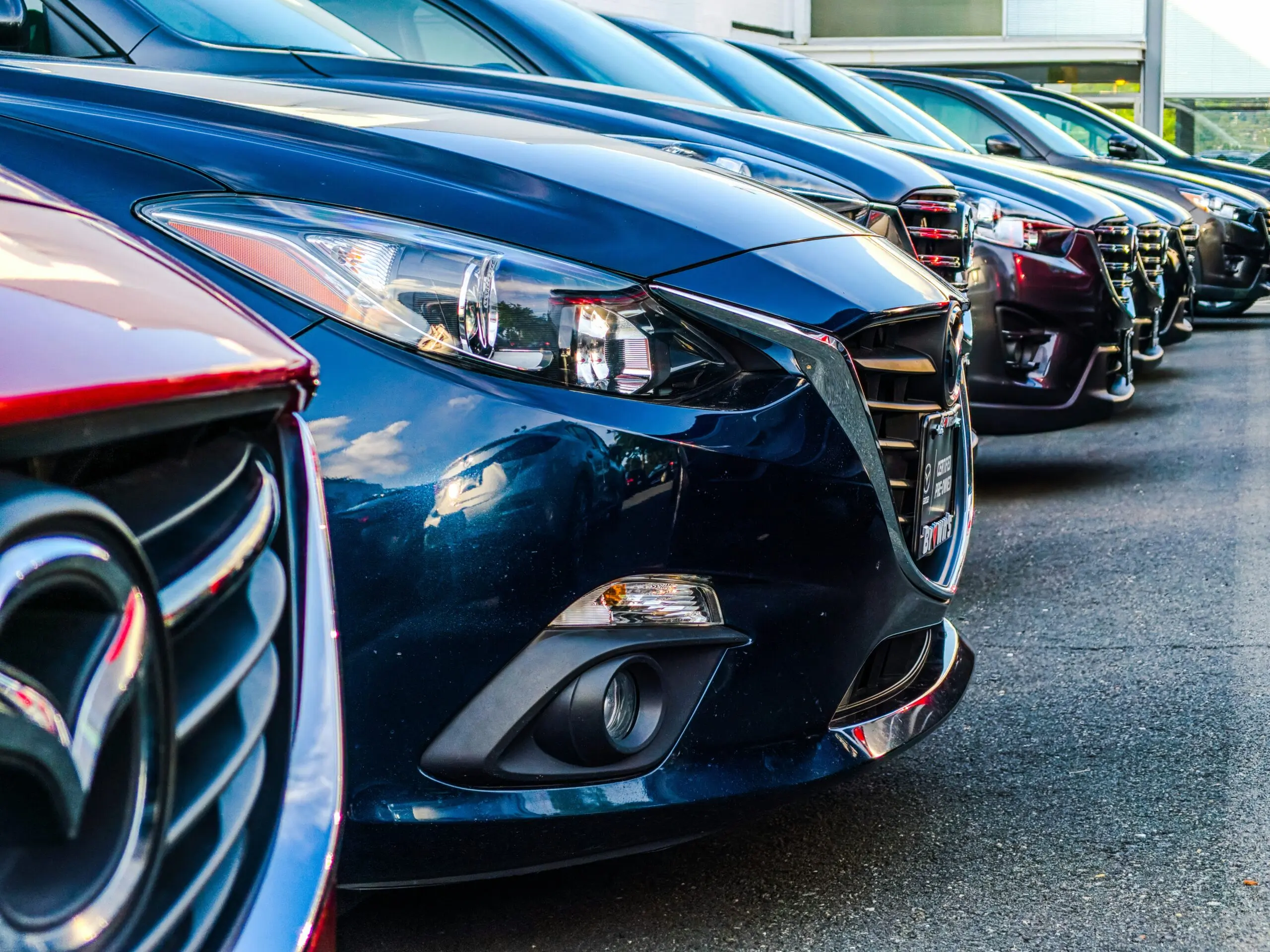Question: I was in a minor fender-bender the other day with the worst damage to my front grille, so much so that I think I’ll probably have to get a new one. How much does a car grille replacement cost?
Answer: Replacing a car grille will probably cost between $100 and $500.
The exact price will largely depend on your vehicle’s make and model and the grille’s specifications, material, and finish. Grilles are commonly made of plastic because that’s usually the cheapest option, but they can also be made of stainless steel, which is stronger; chrome, which is shiny; or billet aluminum, which is strong and durable but can still be easily molded.
On the low end, you might save money by finding a new or used grille for under $100 and installing it yourself. But if you plan on buying a new grille and getting it installed by a professional mechanic, expect to pay closer to $300 to $500 to account for labor costs. You could pay more than $1,000 if you drive a truck or luxury vehicle, or buy a high-end aftermarket grille. Many newer cars can include elements like headlight washers or sensor technology in their grilles, which drives up the cost of replacing them.
Why are grilles important?
Grilles are important because most vehicles today are powered by internal combustion engines. When fuel is ignited and burns inside the engine, combustion gasses expand and push the pistons, which in turn cause the crankshaft, axles, and wheels to spin.
The burning of fuel causes your engine to get very hot. The grille allows air to flow around the car’s radiator and through its engine bay, helping with ventilation and cooling as you drive. A grille also has a protective function by acting like a screen to keep dirt, rocks, and debris from bouncing up off the road and damaging components of the car.
Grilles can also have a major impact on the look of a vehicle. If the front of a car looks like a face with headlights as its eyes, the grille is its mouth. The grille design might make a car look strong and bold, or aerodynamic and sleek.
Carmakers use grilles to make their brands distinctive. BMWs, for example, are known for their “kidney grilles,” which look like two distinct shapes in a mirror image of each other. Jeeps are recognizable for their straight up-and-down “seven-slot grilles.” And some Audi grilles have a unique honeycomb pattern.
Car designers have recently begun placing LED lights behind grilles, using them as silhouettes to illuminate logos or project patterns onto the ground. You can even get custom words or images built into a grille that light up.
Big changes came with electric cars, which are powered by batteries rather than conventional fuel-burning engines and don’t produce the same level of heat. Some car manufacturers have totally eliminated grilles from EV models because they aren’t needed in the same way. Lexus, for example, spent a decade making its hourglass-shaped “spindle grilles” a distinctive feature of the brand. With the invention of its electric RZ 450e, Lexus got rid of the grille but still incorporated the spindle shape into other parts of the car for brand continuity.
When shopping for a replacement grille, be sure to find the right shape and fit for the make, model and year of your car, and then take it from there. You have lots of options!

Deirdra Funcheon is a journalist with a master`s degree from Boston University and more than 20 years of experience covering a broad range of topics. She has worked at Univision (on the investigative team at Fusion), Axios (where she covered Miami-area news) and Bisnow (covering the commercial real estate industry). At Jerry, she aims to empower drivers with knowledge about how their vehicles work and how best to handle repairs, insurance and other complications of car ownership.
Andrew Biro is an insurance writer specializing in car insurance and car ownership. Andrew’s mission is to provide informative, concise content car owners can use to save money on car-related expenses. Andrew’s nearly 300 Jerry articles span a range of topics from car maintenance how-tos to how car insurance discounts work. Prior to joining Jerry, Andrew completed a B.A. in cultural anthropology from UNC-Greensboro.

Everett Cook is an award-winning journalist and editor with more than 10 years of experience across a variety of industries. In editing for Jerry, Everett’s mission is to help readers have a better understanding of the costs of owning or leasing a car and to better understand their vehicle in terms of insurance and repairs. Prior to joining Jerry, Everett was an editor for Axios. His previous work has been featured in The New York Times, The Los Angeles Times, The San Francisco Chronicle, The Atlantic, Atlantic Re:think, The Boston Globe, USA Today, and others. He’s also been a freelance writer and editor with experience in SEO, audience building, and long-term content roadmaps. Everett is a proud graduate of the University of Michigan.








